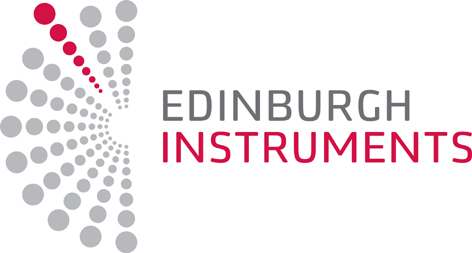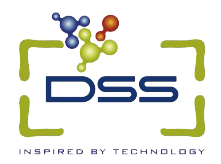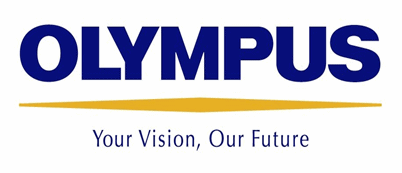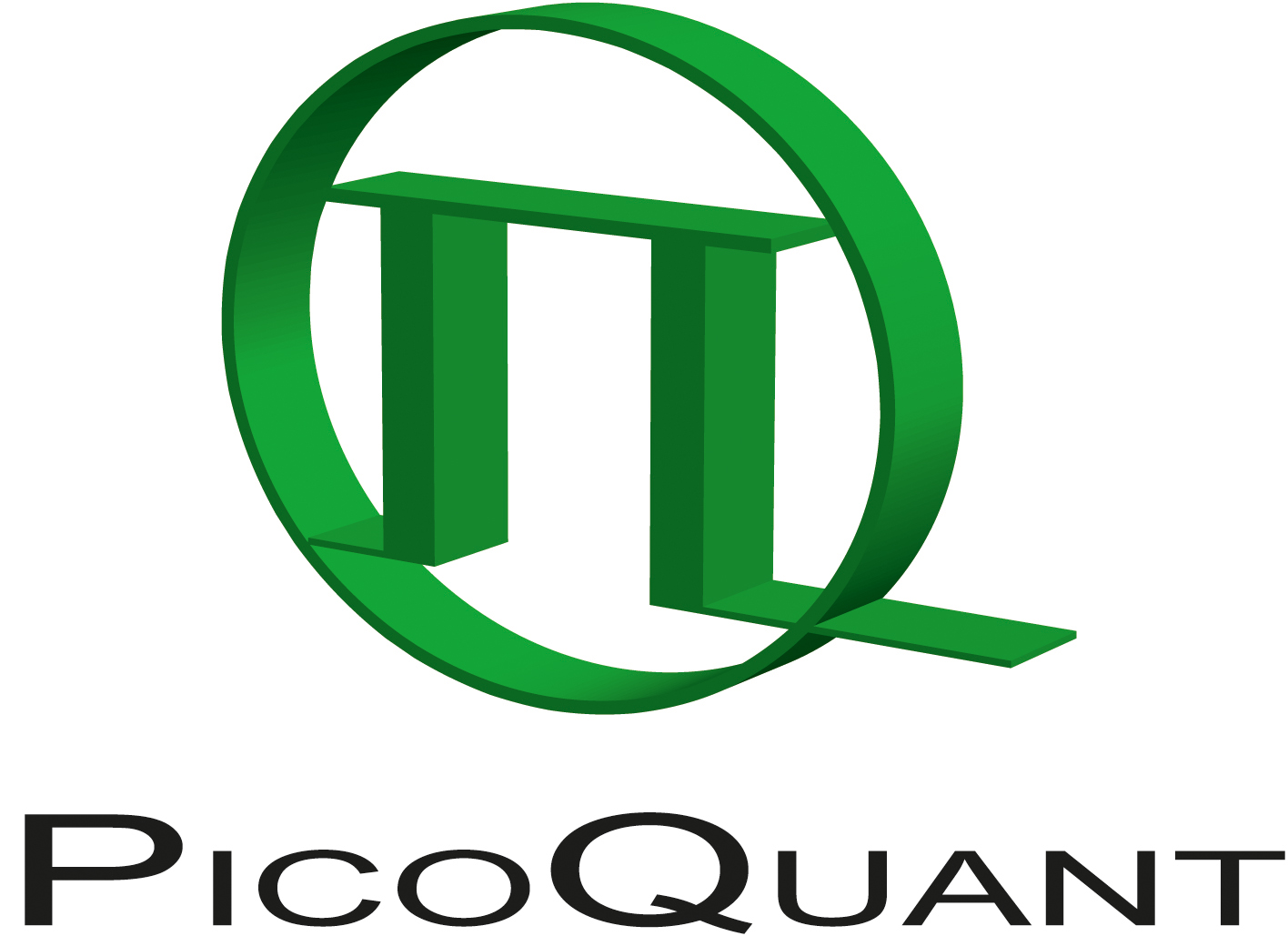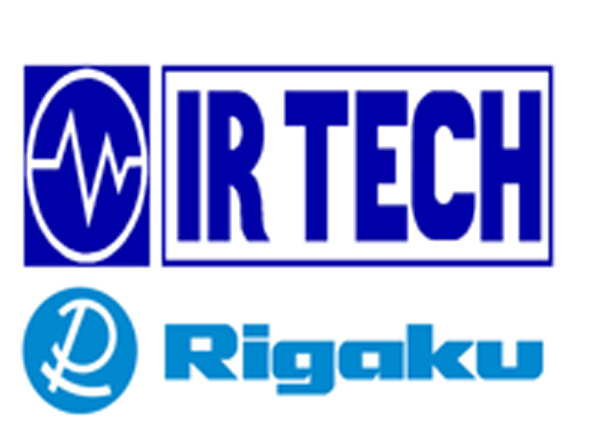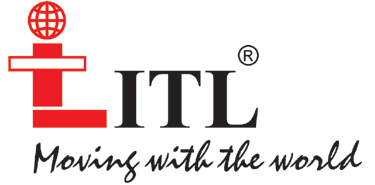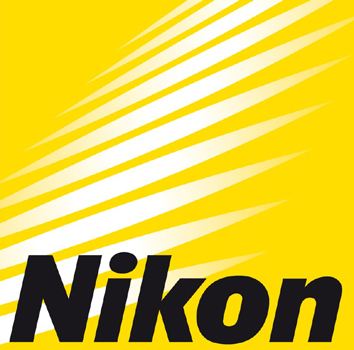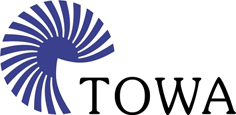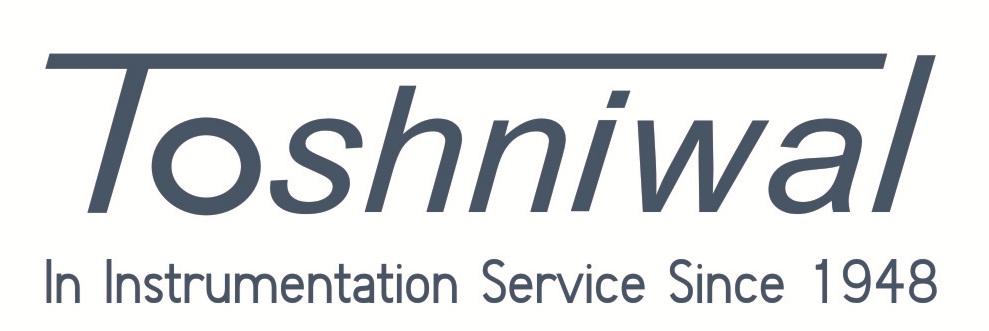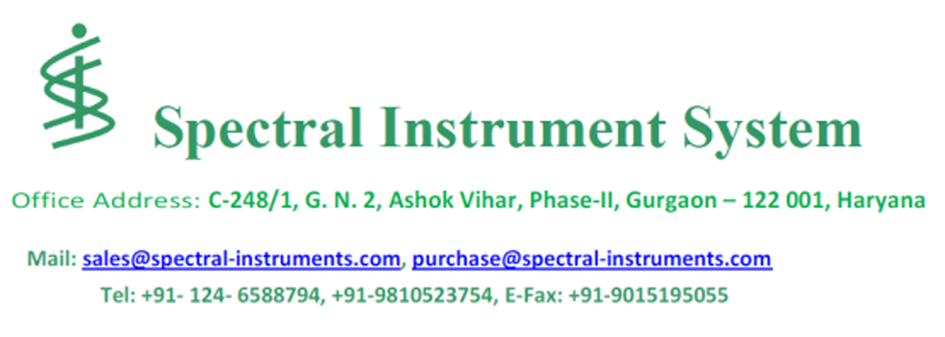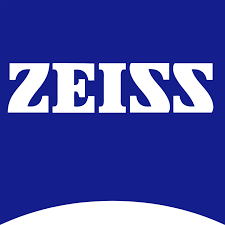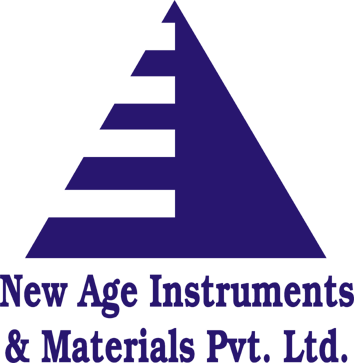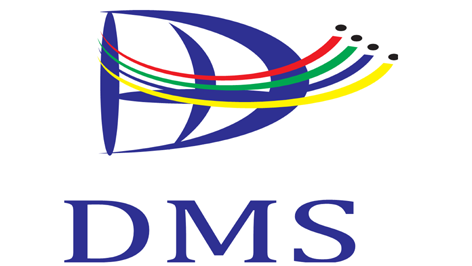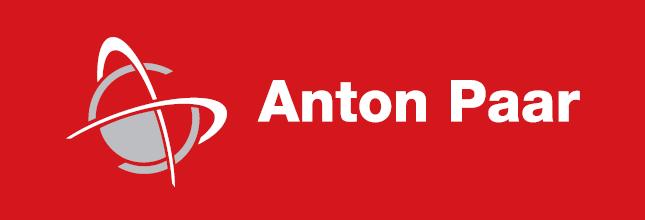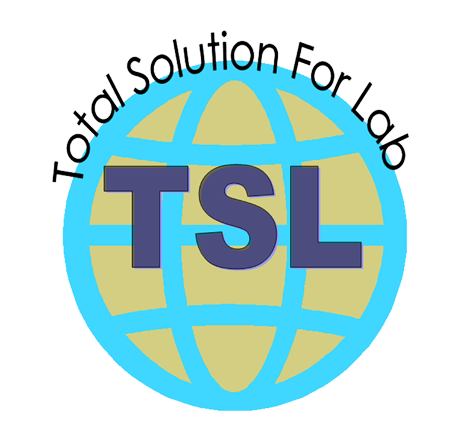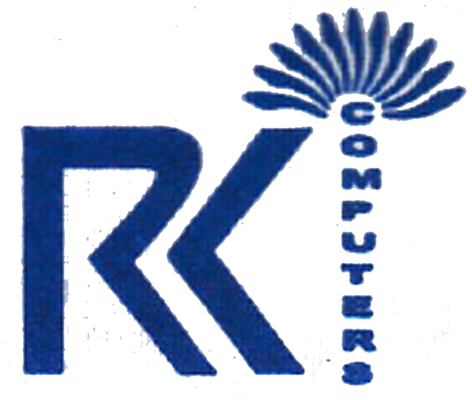Topics
Industry and Academia Collaboration
----------
FCS 2018 will include special session on hands-on training for building Magnetic Tweezer by Julio FERNANDEZ and Optical Tweezer by Roop MALLIK
Mechanobiology Workshop
Build Your Own Magnetic Tweezers!!
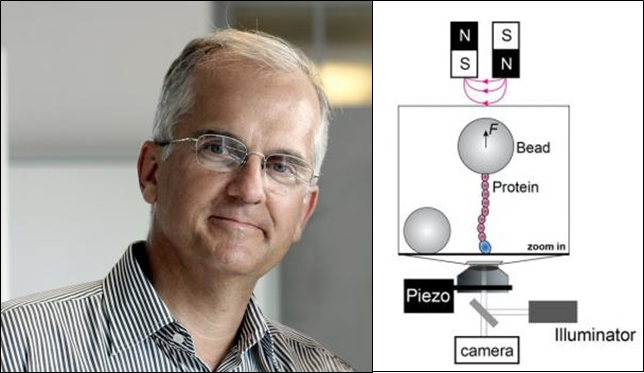
Prof. Julio M. Fernandez
Department of Biological Sciences, Columbia University
Website: http://fernandezlab.biology.columbia.edu/
Prof. Julio Fernandez is a pioneer in the field of Single Molecule Force Spectroscopy with a strong ambition to understand the role of mechanical forces on protein dynamics in biological systems.
About the Workshop
Magnetic Tweezers workshop, conducted by Prof.
Julio Fernandez, is a hands-on training for building Magnetic Tweezers
(MT) from scratch using simple optical, magnetic and electronic
components. The attendees will be provided all the necessary components
for building the set-up as well as requisite protein samples, at the
workshop. The attendees will go through an extensive step-by-step
training to build the MT set-up, perform single-molecule pulling
experiments on proteins and analyze the acquired data. They are also
trained in protein sample preparation required for MT experiments. This
workshop aims to help the attendees set up their own Magnetic Tweezers
in their institution.
MT Training Includes the Following
- - Assembling MT using components such as inverted microscope, piezo, permanent magnet, CCD camera and electronics
- - Interfacing the set-up with personal computer
- - Visualization/imaging of Magnetic beads
- - Calibration of the bead position using z-axis, stack imaging
- - Force calibration
- - Data Acquisition and programming for interfacing electronics with PC
- - Sample preparation (making chambers) for MT experiments
- - Perform single molecule pulling experiments on (poly)proteins attached to Magnetic beads
- - Recording of single-molecule data
- - Identification and fingerprinting of single-molecules of proteins
- - Extensive data analysis of protein unfolding/refolding trajectories obtained in MT experiments
Build Your Own Optical Tweezers!!
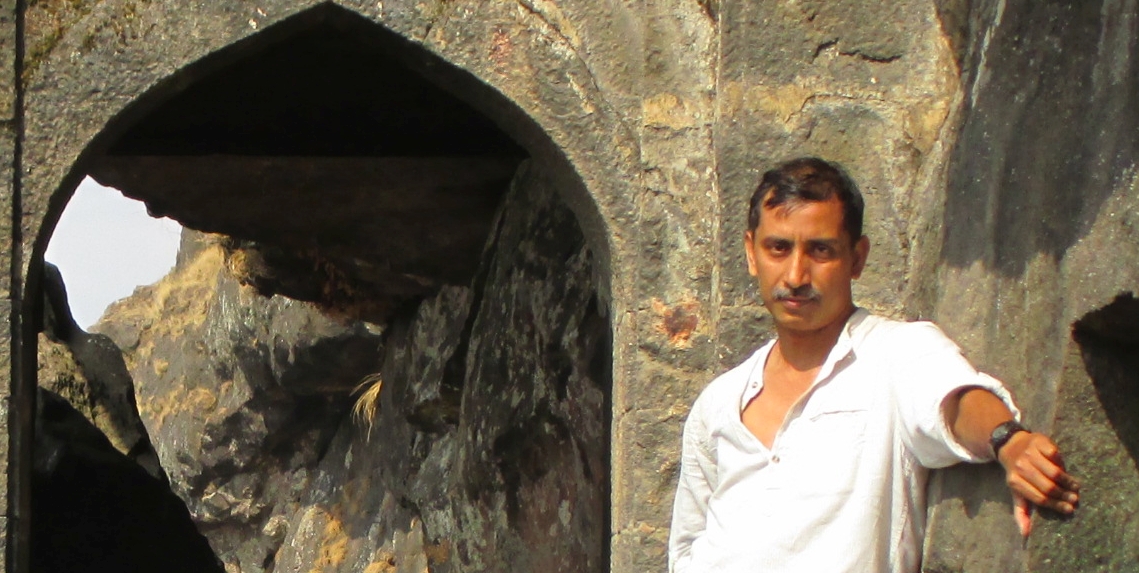
Prof. Roop Mallik
Department of Biological Sciences, Tata Institute of Fundamental Research
Website: http://www.tifr.res.in/~roop/
Prof. Roop Mallik is trying to
understand how very small things move over very small distances inside
the cells of the body. This work spans the traditionally defined
disciplines of Biology, Physics, Chemistry and Computation.
About the Workshop
Optical Tweezers workshop, conducted by Prof.
Roop Mallik, is a hands-on training for building Optical Tweezers (OT)
from scratch using simple optical and electronic components. The
attendees will be provided all the necessary components for building
the set-up as well as requisite protein samples, at the workshop. The
attendees will go through an extensive step-by-step training to build
the OT set-up and perform trapping studies. This workshop aims to help
the attendees set up their own OT in their institution.
OT Training Includes the Following
- - Lectures on basics of optical trapping
- - Technical training on OT components
- - Assembling OT set-up using components such as inverted microscope, diode laser, and CCD camera and electronics
- - Trapping micron-sized dielectric beads
- - Trapping live cells (bacteria, protozoa, etc. from pond water)
Application for the workshop:
Interested applicants can apply through the following link to fill an online application form: Online Application form
The applications should include a brief
description of their research and how this workshop might be useful for
their current/future research.
Applications will be shortlisted by a panel of
experts and selected candidates will be informed through e-mail.




